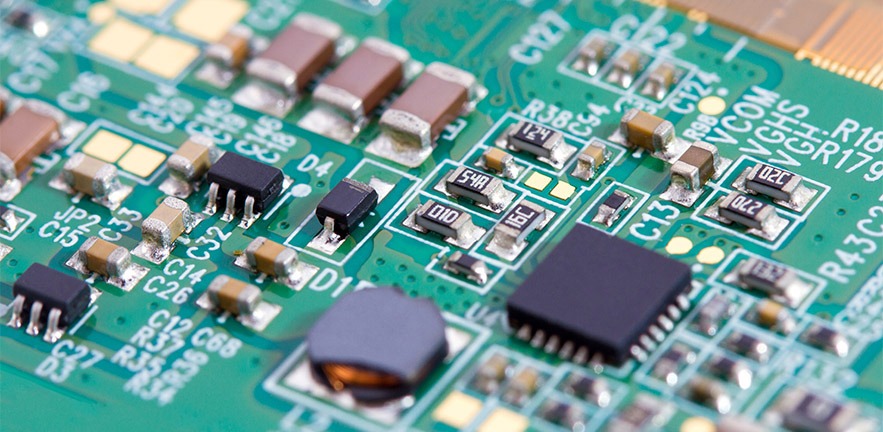The Raspberry Pi, a $35 credit-card-sized device designed by Eben Upton, a Cambridge Executive MBA graduate of Cambridge Judge Business School, celebrates its 10th anniversary this year.

Which is a more brutal environment – a large factory or a child’s bedroom? And what does one have to do with the other?
When Eben Upton (EMBA 2009), co-founder of Raspberry Pi and an alumnus of the Cambridge EMBA programme at Cambridge Judge Business School and the University of Cambridge, was thinking about what he wanted an ultra-low-cost computer to be, one of the key requirements was that it be durable: able to withstand being tossed into a backpack hundreds of times.
Now, more than a decade later, a computer that was designed in part to withstand the rough and tumble of childhood has also found a home in tens of thousands of industrial applications throughout the world, representing around 40% of its annual sales.
Raspberry Pi has created a whole new class of computing device, transforming the way engineers design control systems in industry, and has become a standard component of intelligent interfacing. Its adaptability, stability and low price make it ideal for applications including electric vehicle charging, Internet of Things (IoT), or retrofitting factory machinery so that it can be monitored digitally to spot faults that can slow down production.
Today, the $35 credit-card-sized device is the best-selling computer to come out of the UK. The Raspberry Pi has also created over 300 jobs, both at the Sony Europe B.V.’s Factory in Pencoed, Wales, where it’s manufactured, and at the Raspberry Pi Foundation, a charity based in Cambridge that promotes the study of basic computer science in schools.
This is the introduction to a longer article about Raspberry Pi on the University of Cambridge website.


